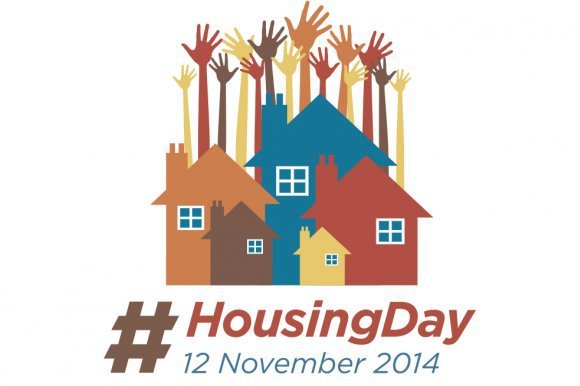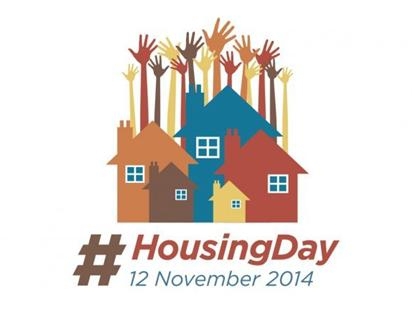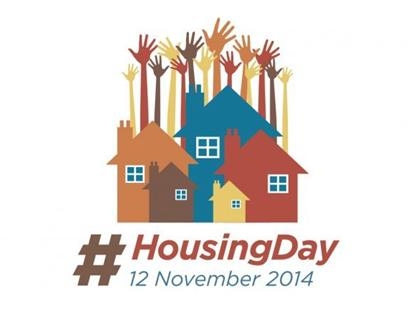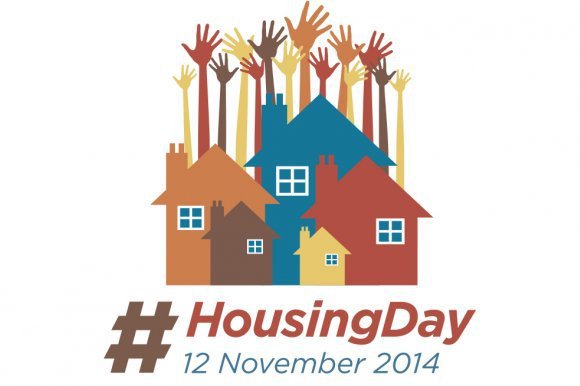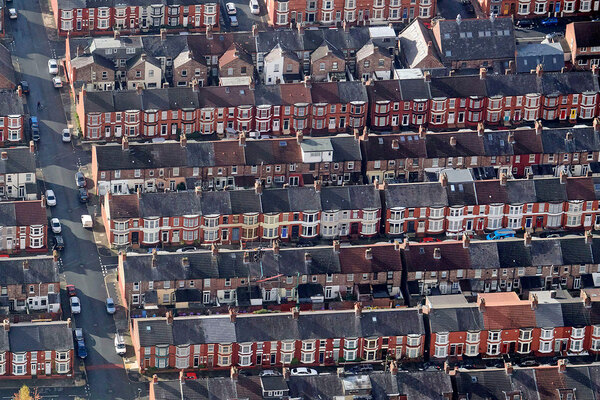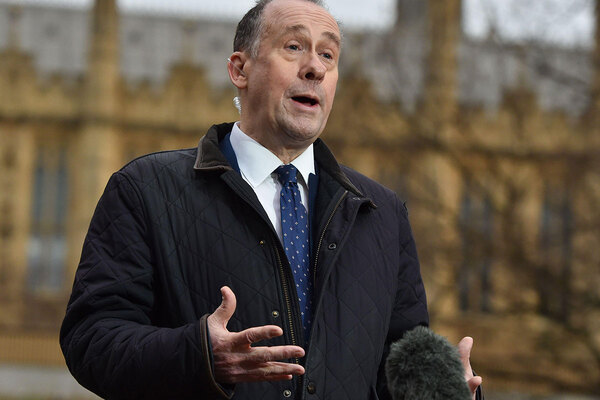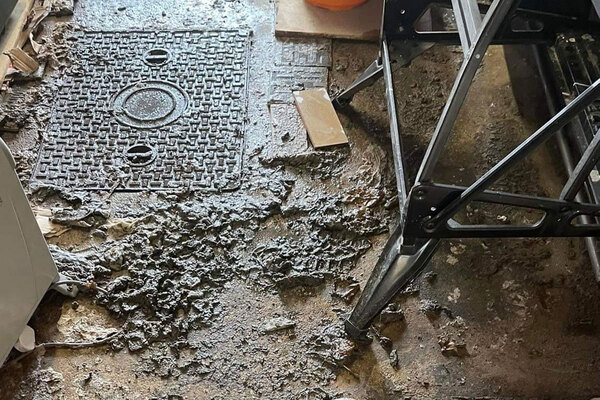You are viewing 1 of your 1 free articles
‘Poverty porn’: Public perceptions of social housing
We urgently need critical and careful television documentaries, unlike the ‘poverty porn’ shows seen on our screens at present, writes Tracey Jensen for #HousingDay
There are many complex reasons why we have an affordable housing crisis in the UK and whatever weight we attach to each of these reasons, the facts are clear; housing security is becoming unattainable for many people and the dreams of housing visionaries like Aneurin Bevan for social housing to be a public good available to all are once again receding.
Meanwhile, public support for many kinds of social spending – including components of the welfare bill that go towards housing costs – is weakening. Usually, public attitudes towards welfare spending strengthen after a recession; why then, is the current context any different? Many social scientists have pointed to the abundance of media (mis)representations of people who claim benefits of various kinds, especially the emergence of so-called ‘poverty porn’. This is a television genre which describes itself as ‘documentary’ but has closer connections to ‘expose’ reality television. Many see it as sensationalist, exploitative and stigmatising; recycling old myths about ‘welfare dependency’, ‘workshy’ claimants and people ‘fiddling the system’ to live a life of luxury. It is by looking at ‘poverty porn’ that we can start to understand diminishing compassion.
‘Poverty porn’ producers have shown their willingness to draw on the housing crisis, and there is a clear need for research that examines how these highly contentious representations connect to public perceptions of social housing. Channel 4’s How to Get a Council House (2013) focused on the London Borough of Tower Hamlets, described by the voiceover as ‘one of Britain’s most expensive boroughs’, where families ‘out of work and reliant on benefits face eviction as a result of the governments welfare reforms’. The programme briefly refers to a minority of tenants in paid work who claim housing benefits (‘even some people in employment are struggling’) – when in fact many people who are the ‘working poor’ rely on housing benefits to pay their rent. This programme subtly suggests that the problem is the workless ‘benefit-reliant’ residents who want to remain in an ‘expensive’ borough, and the subtext is clear; in an unregulated housing market, the poor must simply move out to cheaper areas of the country. This is, in fact, the policy of many London borough councils, described by many as ‘social cleansing’. The wording of the programme’s title, How to Get a Council House, seems to promise an expose of housing loopholes exploited by those savvy enough to play the system (‘the race is on to reach the top of the housing list’). It also pays on the resentments between those on the list and those with a tenancy, and plays far too little attention on how and why the social housing shortage has been allowed to become so desperate, and how being in work no longer means you can afford your housing.
Fast-forward to June 2014, and the moral ambiguities of earlier ‘poverty porn’ television has given way to more brazenly stigmatising narratives. Britain’s Benefit Tenants(Channel 4) signals its sympathies more clearly with the obligatory inclusion of the dog-whistle term ‘benefits’, to explore the ‘new crisis in the private rented housing market’. This programme could have been an interesting examination of disappearing social housing and its impacts on residents forced to turn to a distorted rental market. However, its focus is not on precarious tenants, but on the landlords, specialist letting agencies and bailiffs that capitalise on housing insecurity. The programme voiceover refers to ‘tricky tenants’, ‘difficult tenants’ and ‘anti-social behaviour, rent arrears and trashed properties’; recycling powerful mythologies about tenants who claim housing benefits; and seemingly validating the landlords who refuse tenants and in some cases are systematically evicting them.
In July this year, as part of its Benefits Britain: Life on the Dole series, Channel 4 (again) broadcast ‘Benefits House: Me and my 22 Kids’. This episode focused on three families, described constantly as ‘supersize families’ and ‘benefits families’. Large families have become one of the central figures of crisis in welfare reform debates, and a dominant mythology in welfare pseudo-debate is that ‘benefit-dependent’ families have large numbers of children to maximise their entitlements and acquire big houses (‘big benefits families need big homes – that’s one of the largest benefits bills’). In fact the families in this programme doneed larger houses – they are appallingly overcrowded – but their attempts to secure a little more space is described scornfully as ‘demands’ that come from them ‘know[ing] that a big family can be a benefit goldmine’.
Many commonsense perceptions of social housing, popularised by politicians and by the media, are that social housing creates welfare dependency, encourages a ‘benefits lifestyle’ and discourages aspiration. In the pursuit of ratings, sensationalist ‘poverty porn’ television misrepresents the housing crisis, seeking to generate outrage by recycling resentments between those with and without a social housing tenancy. We urgently need critical and careful television documentary which carefully examines the wilful undersupply of truly affordable housing; television which examines the structural reasons why all low-income residents are experiencing housing.
Dr Tracey Jensen is a senior lecturer at the University of East London, researching welfare reform, crisis and inequalities and representations of poverty.

